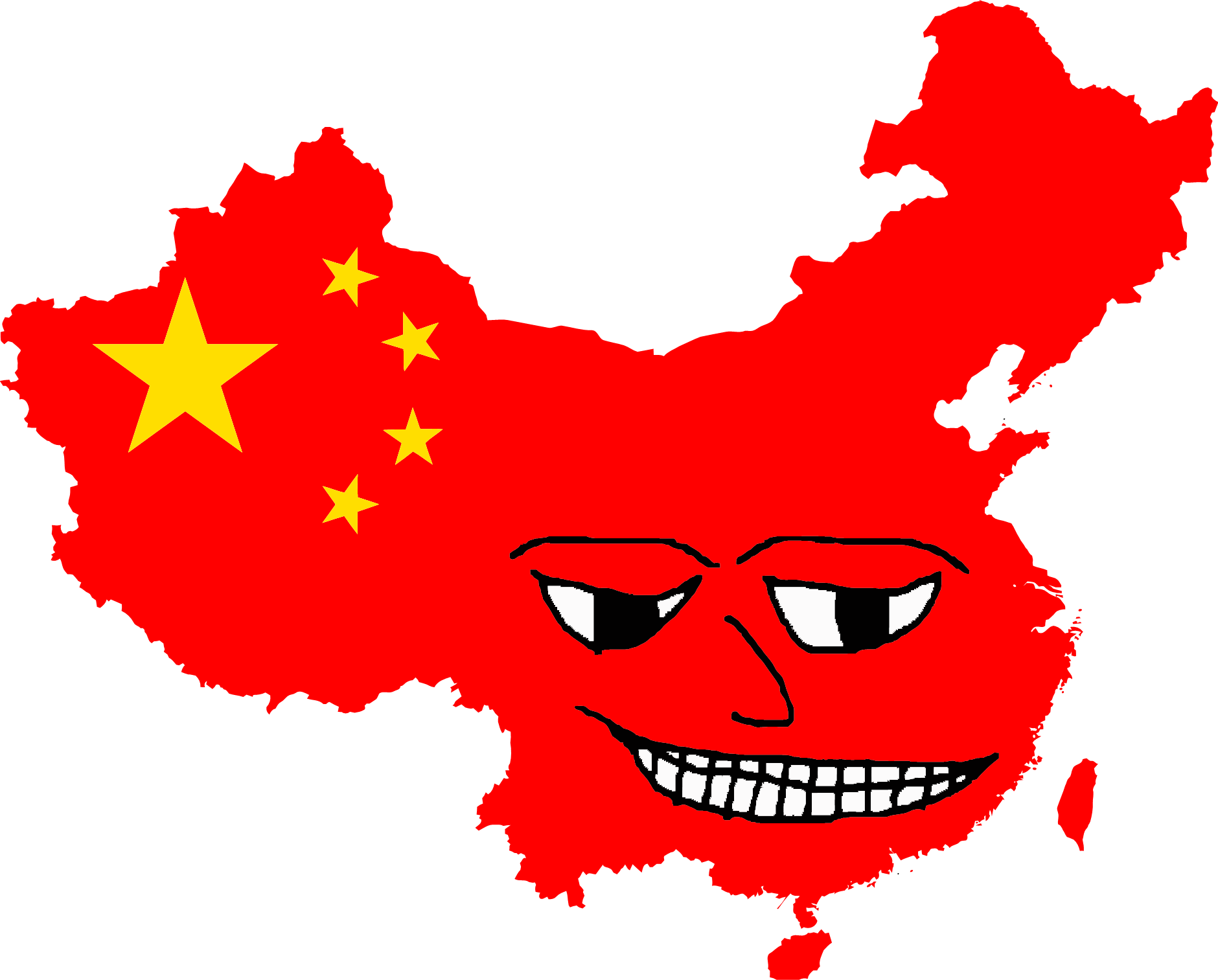The US has been in the lead with higher tariff barriers and controls on high-tech exports, initiated under the Trump presidency and markedly intensified by Biden.
It is now being joined by the European Union, which this week imposed an additional tariff of 35 percent on Chinese electric vehicles on top of a 10 percent tariff already in force.
The new measures, which will come into force next week, are to last five years. They were introduced on the basis that Chinese EV makers were benefiting unfairly from state subsidies.
The Chinese government rejected the claim of undue state support, saying it would “continue to take all necessary measures to resolutely safeguard the legitimate rights and interests of all Chinese companies.”
The decision to impose the tariffs came after eight rounds of talks aimed at trying to devise a mechanism through which a minimum price could be set along with the volume of Chinese exports. But the talks broke down with both sides saying the differences remained significant.
Further talks are to be held, with the EU accepting an invitation by China to send envoys to Beijing to see if some agreement can be reached on these mechanisms.
The divisions within the EU, which must rank as some of the most significant on trade issues in the history of the Union, were underscored by comments from Germany. Hildegarde Müller, the head of the German auto industry association, VDA, said the decision was “a setback for free global trade and so for prosperity and Europe’s growth.”
The chief executive of BMW Oliver Zipse said protectionism would only make cars more expensive for consumers and accelerate plant closures in Europe.
The interconnectedness of the global car industry was indicated by Roberto Vavassori, who told the Financial Times (FT) that “for many suppliers in the automotive industry, [the Chinese] are both the biggest threat and the biggest customer.”
He asked: “What did the Chinese do, what did the Japanese do and what did the Koreans do when they were behind on technology? They collaborated. The European industry needs to get the Chinese to localise in Europe and it needs to collaborate with them, particularly around battery technology in order to catch up.”
For workers in the auto industry, in Europe and internationally, neither path is the way forward in a situation where they face a wave of job destruction and wage cutting.
Turns out that the EU cares about a trade war with China a lot more than the environmental crisis. Why could’ve guessed.
On the back of VW profits dropping 60% the EU is protecting German industry at all costs. Even if it means preventing the wider adoption of electric vehicles and keeping them out of reach of poor people.
Protecting German industry. Lmao 🤣
They made a conscious decision to bankrupt it when they elected to lay sanction on Russia. No more cheap energy = cars can’t compete = German metallurgy and car manufacturing are dead now.
Sure they can put up sanctions on China cars, but it won’t matter as china will sell worldwide in a much larger market. Own eu/us market is too small for manufacturers to shelter there.
interestingly Germany voted against the tariffs. Scholz said he was pressured by the auto unions to do so.
It’s an interesting problem.
Does the EU let Chinese vehicles in, allow the reduction of EU manufacturing, reducing jobs available, possibly imposing further poverty on the poor, and possibly to the point where they can’t afford the Chinese vehicles anyway?
Does the EU add taxes to Chinese vehicles, making them less available to the poor, but possibly protecting jobs within the EU? Perhaps whilst trying to engage EU automakers to make more EVs?
Does the EU add taxes to Chinese vehicles, without pushing the change to EVs, and just not really manage this situation well?
My money is on aspirations for option 2, but in reality option 3.
how about do their own shit without relying on cheap labor in the third world?
that’s not the colonial way
That’s option 2 or 3, right?
There is another option. An option to create jobs and reduce all EV usage… by manufacturing more trains in the EU.
Even German capitalists don’t want this, so who’s pushing for it? USA?
deleted by creator

 Come on, slap tariffs on European goods.
Come on, slap tariffs on European goods.What goods /s
vassal bloc acts against its own interest to please the empire
Cowards
Just tariff international shipping, it’s to cheap financially and it’s hurting the non-elite classes of exporting countries as well as the environment.
Free market my left testicle
I expect China comac to dethrone Boeing and Airbus in the next decade.
Basically I don’t really see eu/us in a good position at all - they can’t compete population wise
I don’t really know much about this, but this feels wrong.
Why punish consumers, we should be striving to make European cars cheaper not make Chinese ones more expensive.
I’m sure there are many European countries where the government funds progression in other industries.
We also let American companies take control of industries.
Should we? We can’t compete with Chinese labor laws and under paying workers
The Chinese auto worker is paid more than a Mexican one. Difference is the Chinese companies aren’t afraid of automation, and it has given them a financial cushion to develop better cars.
The average Chinese worker makes about $2.80 US/hour. What’s the Mexican pay rate?
Also, yes, total bullshit that Mexico is exempt from import tariffs and all our US manufacturers have been moving vehicle production down there.
the calculations that go into figuring out mexican payrates are questionable at best and they’re tantamount to cooking the books.
nevertheless; near shoring isn’t going to work. the mexican government is being strong armed by the american administration to grey rock near shoring as much as possible and i would expect verbiage to continue those grey rocking efforts to show up in the next usmca agreement in the near future.
it’ll be yet another cash grab that serves a few hundred already rich people at the expense of the mexican workers; rural america; the environment; and our future political stability and it will cheered on by the people who claim to want to protect all of those things.
Well seems like all car companies are somewhat subsidized/supported. I don’t know how difficult to detangle the presumably many different levels of that are, especially internationally.
But if the EU were to subsidize “just” 500$ per car sold, and China 50.000$ per car, it would be impossible for european car makers to compete on an otherwise equal field.Now I have no Idea how supported which markets are, and I’d presume I grossly exaggerated the difference, and it may well be the other way around. I have not found detailed analysis of this though.
They don’t subsidise the export cars at all. They subsidise R&D and domestic sales (which in turn gives them more money for R&D as well). They also give low interest loans for setting up new factories that produce green products.
The EU should just do the same.
Surprised to see so much dislike for tariffs in here. China can out-compete western markets due to low labor costs because they treat workers like dirt. If western markets don’t control for this we either can’t compete, or have to roll back worker’s rights.
That is just not nice. Why not compete like a gentle man?
Tariffs aren’t the answer… I’ve seen some of the newer French cars and they look really amazing. They are an example of when companies have to compete in a free market.
Tariffs just hand the Chinese an even larger lead.
It depends.
I’ll use some abstracted and simplified version to explain my point of view.If Wakanda and Middle Earth mine Vibranium (which is Mithril btw), and both sell internationally for 100USD/kg+shipping, both get similar market share, depending on details like proximity to the customer, different grades, personal preferences etc.
Wakanda now invents a new mining laser, which reduces their cost/kg to 85USD/kg.
Middle Earth doesn’t want to lose the entire market and risk an uprising of the dwarves, as they just lost their entire industry. Middle Earth decides to pay the drwarves 20USD/kg of exported Mithril, so that they can try and improve their efficiency, and still keep their families fed.
Now Wakanda is undercut, and losing massive amounts of sales, Companies start layoffs, and Wakanda injects 20 Million USD in new refineries, increasing their output.
People not just internstionally but even in Middle Earth start buying Wakandan Vibranium. Instead of constantly increasing support, Middle earth decides to put Tariffs on Wakandan Vibranium, to protect at least the national market from Wakandan influence.











